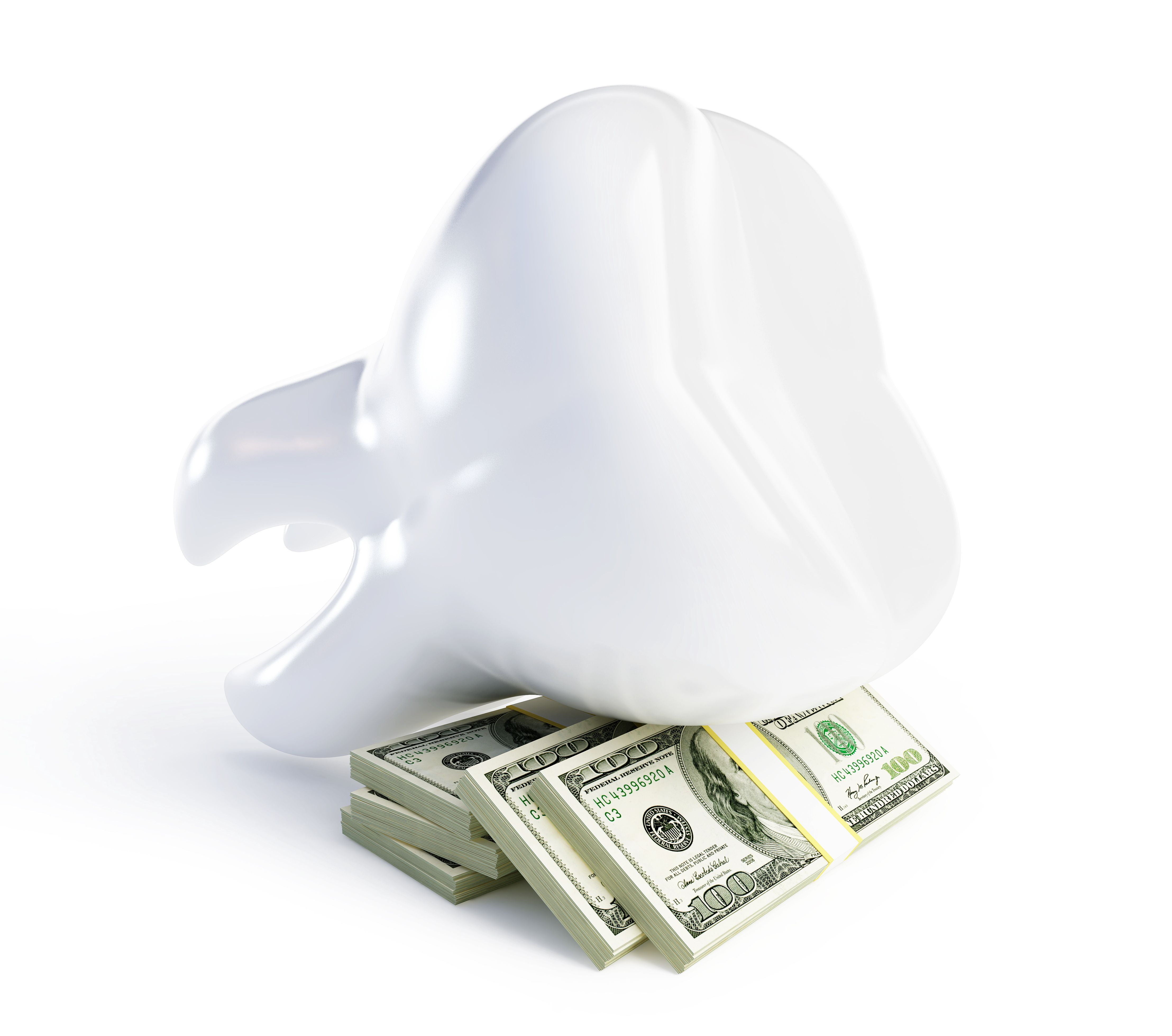Money and Upselling in the Dental Practice
Is money the elephant in your room? It’s important to talk dollars, incentives and the risks of upselling with your staff.
3DESC /STOCK.ADOBE.COM

We all want it. We all need it. And many feel like we never have enough of it. For most of us, that is SO true. I know this, because of you. My articles about money issues … asking for a raise … literally get the most hits. Why? Because this is how we are wired. This is what we think about. There is no shame in that, right? So, let us talk about it.
Is it the elephant in the room? When you were a little kid, did you know how much things cost? How much was the rent? How much did your family spend on groceries? When I was growing up, no one EVER talked about money. One of the rare times we ate in a restaurant, my dad refused to let us see the bill. Why? I know it costs money to go out to eat. But what is the big secret? It makes me wonder how we teach our kids about how much things cost. Why not have your kids figure out the tip and show them the bill? This can be a teachable moment on many levels.
What does this have to do with the dental office? Most employees working in a dental office have no idea what it costs to run the practice. They know how much procedures cost but do not have the total picture. I just spent $170 for 15 minutes with a TMJ specialist. He is booked up for months and yet, there are no other patients in his office when I am there. Yet, his 3 employees are hard at work. He has payroll, benefits, rent, insurance, equipment, and the list goes on and on.
For some of us who are not paid so well, the money boggles our minds. We see the dentist driving a nice car and living in an affluent community. You need to remember that the dentist is taking all the risk. She/he may have big debt from dental school tuition or large loans that seeded their practice. Unfortunately, there is a real tension in a practice between the haves (dentists, dental hygienists, etc.…) and the have-nots (front office staff, dental assistants, etc...) Do not get me wrong. I am not taking sides. I am just pointing out that sometimes, a low paid employee resents seeing others have financial success. (Oh, come on…this is not the first time you have heard of this.)
I am pointing out that there can be underlying tension in a practice … and it is over money. In a perfect world, we want our employees to be able to speak honestly about problems that are going on. But do we really want to hear it? There is a difference in education and services that different employees provide. I am not a big fan of upselling and the financial incentive of that for an employee. When you incentivize someone to sell more, it makes me wonder who is going to benefit. Will it be the patient? Or the employee and practice?
Last month, a friend shared how she had gone to a corporate dental practice as she had a gap in her mouth and was unhappy with how it looked. When she asked about braces, it was recommended that she have 6 healthy teeth removed instead. They would make her a bridge and quoted a price of $16,000. This stressed her terribly before she approached me. When I heard her story, I sent her to a dentist to evaluate her. His recommendation was to send her to an orthodontist and felt repulsed that a recommendation had been given to remove healthy teeth.
This is a danger of upselling. When you incentivize employees this way, it can be morally and ethically wrong. This patient did not need 6 healthy teeth removed. She needed someone to evaluate her and make recommendations without taking advantage of her. I share this story to have you think about the patient when it comes to upselling. We are not asking if you want “Fries with your burger.” We are talking about someone’s health and well-being.
Address the elephant in the room. Get comfortable talking about money and expenses. I am not telling you to share what your salary is with your staff. But, I am saying address the concerns. Let them know that you know what is important to them. That is money.
Share with me at diana@discussdirectives.com if you have witnessed issues of upselling in your office that make you uncomfortable. I also like to hear the success stories that make you proud of where you work.